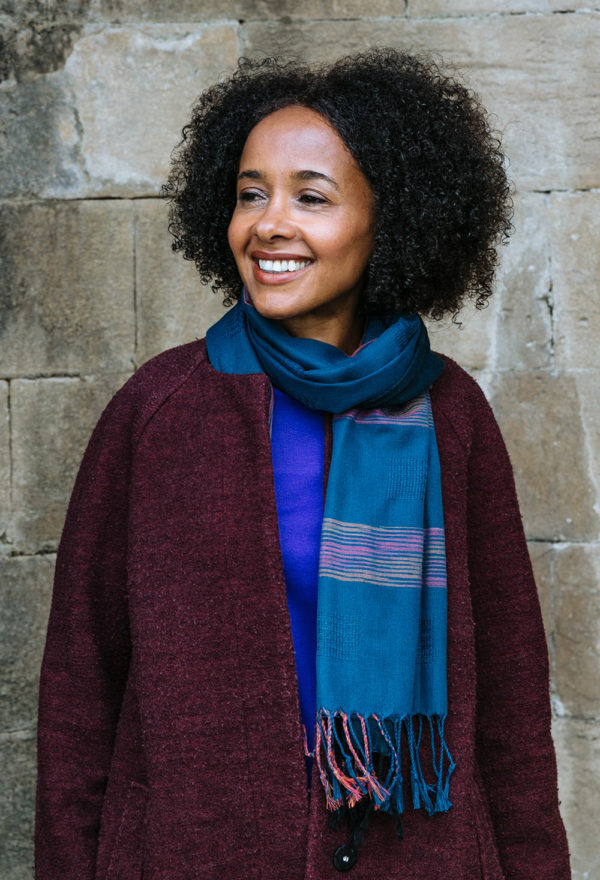
Oyinkan Braithwaite’s crime thriller My Sister, the Serial Killer and Diana Evans’ exploration of midlife crisis Ordinary People have been shortlisted for the 2019 Women’s Prize for Fiction. Both are Nigerian, with Evans half-British. While their longlisting back in March brought the number of African nominees for the 27-year-old prize—formerly known as the Orange Prize for Fiction and later the Baileys Prize for Fiction—to a total of 15 authors and 19 books, their shortlistings make them the fifth and sixth Africans to be finalists for the prize—following Nigeria’s Chimamanda Ngozi Adichie in 2004, 2007 and 2014, the Sierra Leonean-Scottish Aminatta Forna in 2011, the Ghanaian-Canadian Esi Edugyan in 2012, and Nigeria’s Ayobami Adebayo in 2017. Remarkably, this is the first time that more than one African novelist is a finalist for the prize.
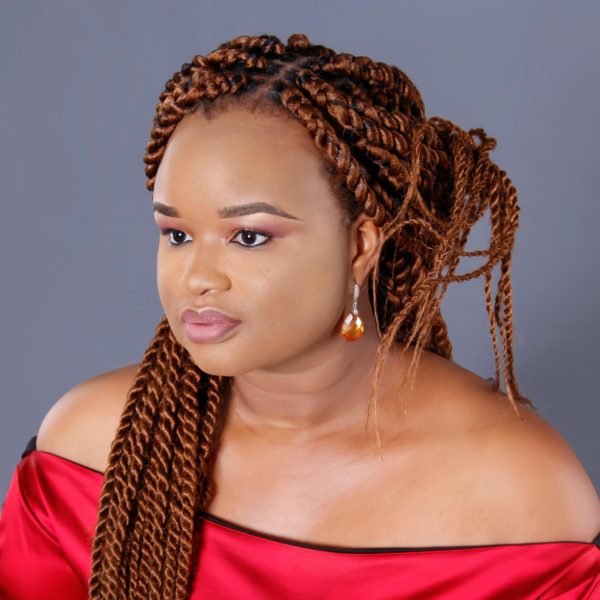
The shortlisting continues what is a fairytale return of sorts for Diana Evans, whose debut novel 26a won the now defunct Orange Prize for New Writers in 2005, and whose Ordinary People is currently a finalist for the Folio Prize. Braithwaite’s My Sister, the Serial Killer, published in Nigeria by Narrative Landscape Press, was named in Brittle Paper‘s Notable Books of 2018 list while some excerpts appeared on our site.
The four other books in contention for the £30,000 prize have been awards season favourites: former winner Madeline Miller for Circe, Booker Prize winning author Pat Barker for The Silence of the Girls, Anna Burns for the 2018 Booker Prize winning Milkman, and Tayari Jones for the popular An American Marriage.
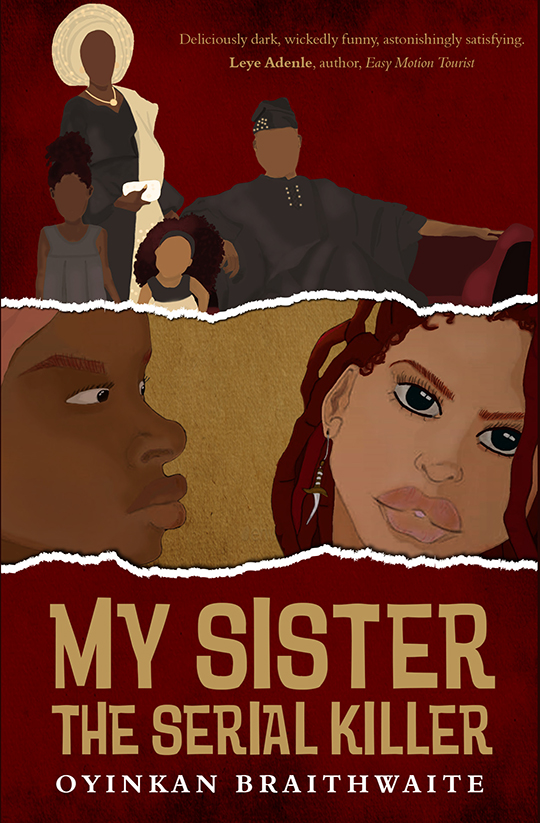
The judges are the academic Kate Williams, who is the chair, the journalist and critic Arifa Akbar, the columnist Dolly Alderton, the women’s rights campaigner Leyla Hussein, and the tech entrepreneur Sarah Wood.
“The two tropes perpetually given to us in myths and stories are the beautiful, captive princess, and the evil witch who is too ugly for a man and therefore sits around trying to kill men. Here, you get those completely turned on their heard and see they are living women, that the patriarchal system has written their stories for them, and what the truth could be,” said Williams. “Suddenly we’re asking where are the women, what do the women think about this, which was ignored to a degree even 20 years ago. . . We all know that history is written by the victors. These authors are pointing out these victors are men, even if women are on the winning side, because their stories have been written for them.”
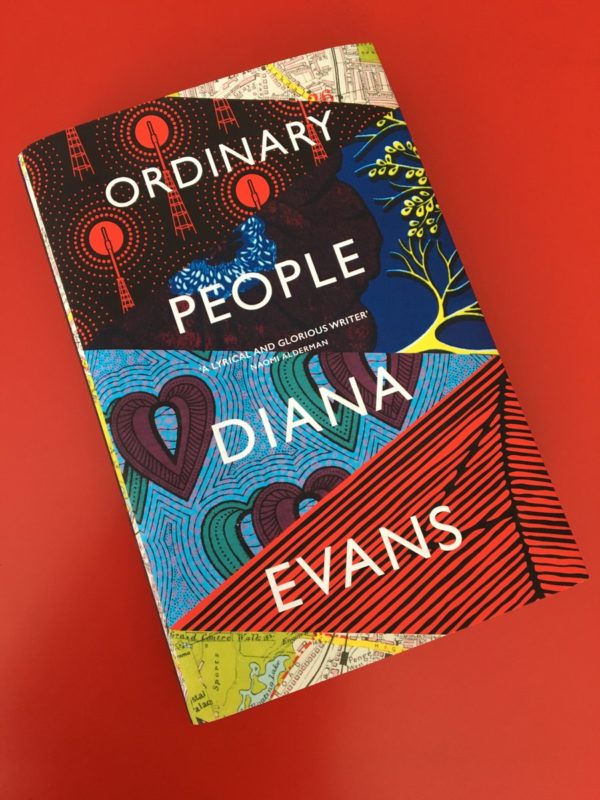
The winner will be announced on 5 June.
Brittle Paper congratulates Oyinkan Braithwaite and Diana Evans.


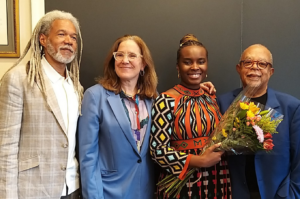






Feminist Friday - 3 May, 2019 - Yasmine Rose Reads May 03, 2019 07:54
[…] Here are a couple of interesting articles I’ve seen over the week about the Women’s Prize shortlist: Feminist retellings of history dominate 2019 Women’s prize shortlist & Oyinkan Braithwaite and Diana Evans’ Shortlisting for the 2019 Women’s Prize for Fiction…. […]